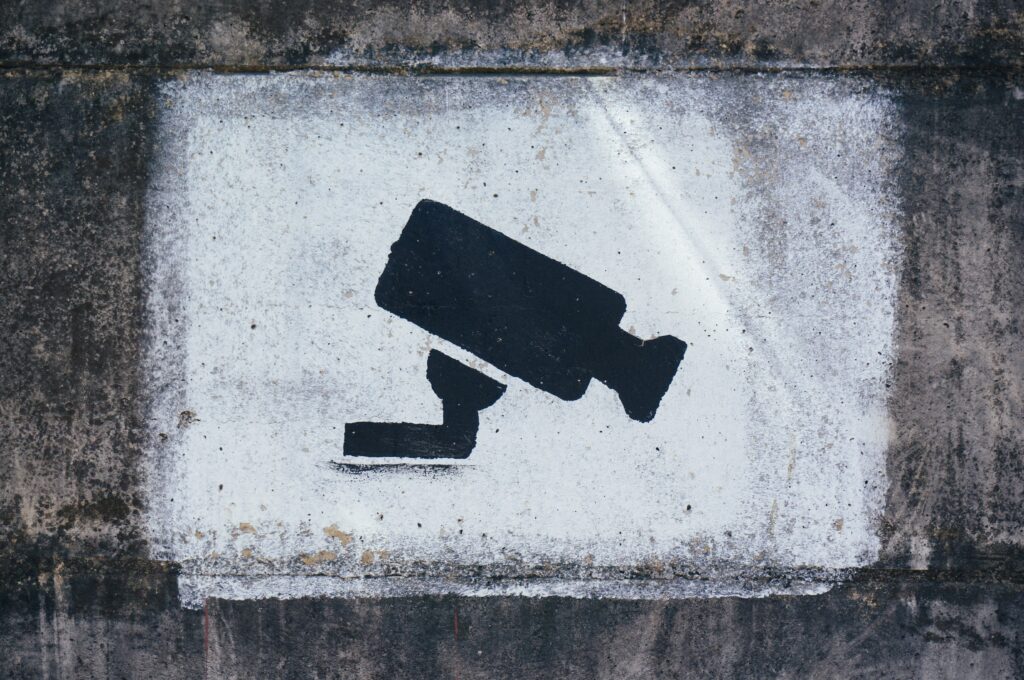Theft in Arizona: A.R.S. 13-1802
Arizona defines theft in multiple ways, generally to do with taking control of another person’s property. Per A.R.S. 13-1802, theft can result in either misdemeanor or felony charges depending on the specific circumstance.
A person commits theft if, without lawful authority, they knowingly do one of the following:
- Controls property of another person with the intent to deprive them of that property.
- Converts for an unauthorized term or use services or property of another entrusted to the defendant or place in the defendant’s possession for a limited authorized term or use.
- Obtains services or property of another person by means of any material misrepresentation with the intent to deprive them of those property or services.
- Comes into control of lost, mislaid, or misdelivered property of another person under circumstances providing means of inquiry as to the true owner and appropriates such property to the person’s own or another’s use without reasonable efforts to notify the true owner.
- Controls property of another person while knowing or having reason to know that the property was stolen.
- Obtains services known to the defendant to be available only for compensation without paying or an agreement to pay the compensation or diverts another’s services to the person’s own or another’s benefit without authority to do so.
- Controls the ferrous metal or nonferrous metal of another with the intent to deprive the other person of the metal.
- Controls the ferrous metal or nonferrous metal of another knowing or having reason to know that the metal was stolen.
- Purchases within the scope of the ordinary course of business the ferrous metal or nonferrous metal of another person knowing that the metal was stolen.
- Takes control, title, use, or management of a vulnerable adult’s property while acting in a position of trust and confidence and with the intent to deprive the vulnerable adult of the property. Proof that a person took control, title, use or management of a vulnerable adult’s property without adequate consideration to the vulnerable adult may give rise to an inference that the person intended to deprive the vulnerable adult of the property.
Defenses to Theft
Defenses to theft charges include, by statute:
- That the property was given as a gift consistent with a pattern of gift giving to the person that existed before the adult became vulnerable.
- That the property was given as a gift consistent with a pattern of gift giving to a class of individuals that existed before the adult became vulnerable.
- That the superior court approved the transaction before the transaction occurred.
Misdemeanor Theft
Class 1 Misdemeanor
- Theft of any property or services valued at less than $1000, excluding firearms or animals taken to be used in animal fighting.
Class 1 misdemeanors can result in up to six months of incarceration.
While not all misdemeanor cases are eligible for jury trials, misdemeanor theft is eligible for a jury trial as a result of being considered a crime of “moral turpitude.” HB2787 defines moral turpitude within state law “as an offense, whether a misdemeanor or felony, that is related to extortion, burglary, larceny, bribery, embezzlement, robbery, racketeering, money laundering, forgery, fraud, murder, voluntary manslaughter or a sexual offense that requires the individual to register as a sex offender.”
Felony Theft
Class 6 Felonies
- Theft of any firearm or animal taken to be used in animal fighting, where the property is valued at less than $1000.
- Theft of property or services with a value ranging from $1000 to under $2000.
Class 6 felonies can result in up to two years of incarceration.
Class 5 Felony
- Theft of property or services with a value ranging from $2000 to under $3000.
Class 4 felonies can result in up to 2.5 years of incarceration.
Class 4 Felonies
- Theft of any vehicle engine or transmission regardless of value.
- Theft of property or services with a value ranging from $3000 to under $4000.
Class 4 felonies can result in up to 3.75 years of incarceration.
Class 3 Felony
- Theft of property or services with a value ranging from $4000 to under $25,000.
Class 3 felonies can result in up to 8.75 years of incarceration.
Class 2 Felony
- Theft of property or services with a value of $25,000 or more.
Class 2 felonies can result in up to 12.5 years of incarceration.
Theft Versus Shoplifting
While both theft and shoplifting can involve stealing, theft encompasses a broad variety of stolen property while shoplifting is a specific type of theft specifically involving retail stores and similar establishments.
RIDEOUT LAW GROUP
With offices in Lake Havasu City and Scottsdale, our firm serves the entire state of Arizona, with a particular focus on criminal defense, family law, and juvenile cases.
Our goal is for the best outcome for your criminal case, which can include:
- charges that are reduced or dropped.
- top experts reviewing your case.
- aggressive negotiations with the prosecution for plea bargains.
- fines or probation in lieu of jail time.
At Rideout Law Group, our attorneys are able to expertly examine the evidence in your case to provide a strong strategy for argument that leads to an outcome that is most favorable to you. We have experience in all types of criminal cases for both adults and juveniles, with positive outcomes both in plea negotiations as well as jury trial settings.
Call us today for a free consultation at 480-584-3328.
